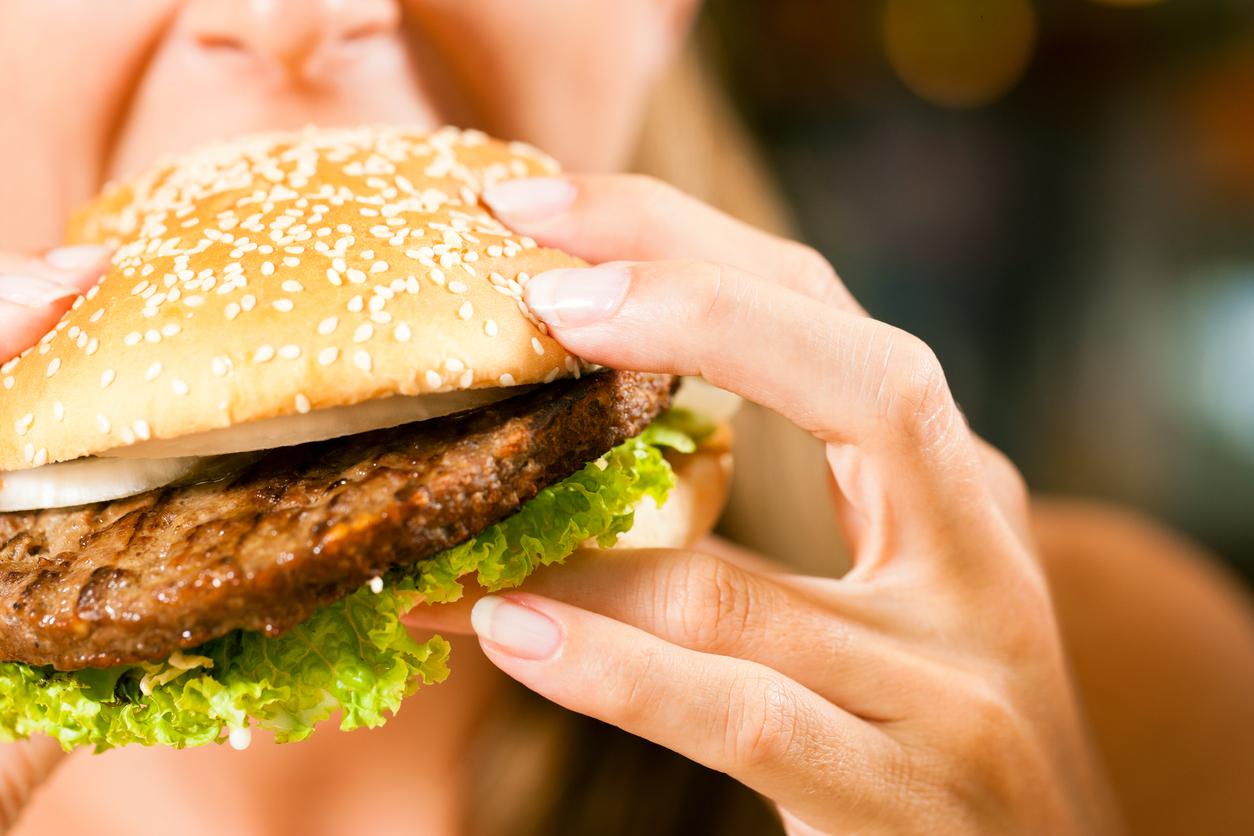Ultra-processed foods filled with preservatives, additives and flavour enhancers have been linked to an increased risk of lung cancer.
In the UK and US, more than half of the average diet consists of ultra-processed foods (UPFs), such as ready meals, fast food and fizzy drinks.
A previous BMJ study in 2024 linked UPFs to 32 harmful health effects including a higher risk of heart disease, cancer, type 2 diabetes, adverse mental health and early death.
Now, eating UPFs has been linked to lung cancer – the most common cancer in the world, according to the World Cancer Research Fund.
There were an estimated 2.2 million new cases and 1.8 million deaths from the disease worldwide in 2020, researchers of the study published in the respiratory journal Thorax said.

But limiting consumption of these foods may help curb the global impact of the disease, the researchers say.
Although there is no exact definition of a UPF, these foods typically undergo multiple processing steps, contain long lists of additives and preservatives, and are ready-to-eat or heat.
Researchers drew on data from the US Prostate, Lung, Colorectal and Ovarian Cancer Screening Trials, involving 155,000 participants aged 55 to 74 who were randomly assigned to either a screening or comparison group between November 1993 and July 2001. Cancer diagnoses were tracked until the end of 2009, and cancer deaths until the end of 2018.
A total of 101,732 people (50,187 men and 51,545 women, with an average age of 62) who completed a questionnaire on their dietary habits upon entry to the trials were included in the study. Foods were categorised as: unprocessed or minimally processed; containing processed culinary ingredients; processed; or ultra-processed.
The researchers focused in particular on UPFs that included sour cream, as well as cream cheese, ice cream, frozen yoghurt, fried foods, bread, baked goods, salted snacks, breakfast cereals, instant noodles, shop-bought soups and sauces, margarine, confectionery, soft drinks, sweetened fruit drinks, restaurant/shop-bought hamburgers, hot dogs, and pizza.

The three types of food that featured the most were lunch meat (11 per cent), diet or caffeinated soft drinks (just over 7 per cent) and decaffeinated soft drinks (nearly 7 per cent).
Participants were tracked for 12 years and in that time, 1,706 new cases of lung cancer were diagnosed, including 1,473 cases of non-small cell lung cancer (NSCLC) and 233 of small cell lung cancer (SCLC).
After accounting for potentially influential factors, including smoking and overall diet quality, participants who ate the most UPFs were 41 per cent more likely to be diagnosed with lung cancer than those who ate the least.
Overall, they were 37 per cent more likely to be diagnosed with NSCLC and 44 per cent more likely to be diagnosed with SCLC.
Because it was an observational study and no firm conclusions can be drawn about cause and effect, researchers acknowledge that they weren’t able to factor in smoking intensity, which may have been influential. Dietary information was collected only once, so they could not account for changes over time, and the number of cancer diagnoses was small.
But researchers do highlight the low nutritional value of UPFs and the excessive amounts of salt, sugar and fats they contain.
“The rise in UPF consumption may have driven global increases in obesity, cardiovascular disease, metabolic disorders, cancer and mortality, as these foods are confirmed risk factors for such conditions,” the researchers suggested.
“Industrial processing alters the food matrix, affecting nutrient availability and absorption, while also generating harmful contaminants,” they added, highlighting acrolein, which is found in grilled sausages and caramel sweets and is a toxic component of cigarette smoke. Packaging materials may also have a role to play, they suggested.
“You can’t say from this study that UPFs cause cancer as it’s observational, so we’re looking at associations, not direct effects. But it does strengthen the case for looking more closely at the food environment many people are living in where UPFs are cheap, convenient, and heavily marketed, making them a go-to for many,” Rob Hobson, nutritionist and author of Unprocess Your Family Life, told The Independent.
He suggested, rather than “pointing figures at individual foods”, to instead make small shifts towards a healthier diet.
“That might mean cooking more from scratch where possible, adding in more whole foods like vegetables, beans and grains, or just becoming more aware of how often UPFs show up in your day,” he said.
“It’s not about being perfect, it’s about balance and understanding how your food choices could be supporting or undermining your long-term health.”




